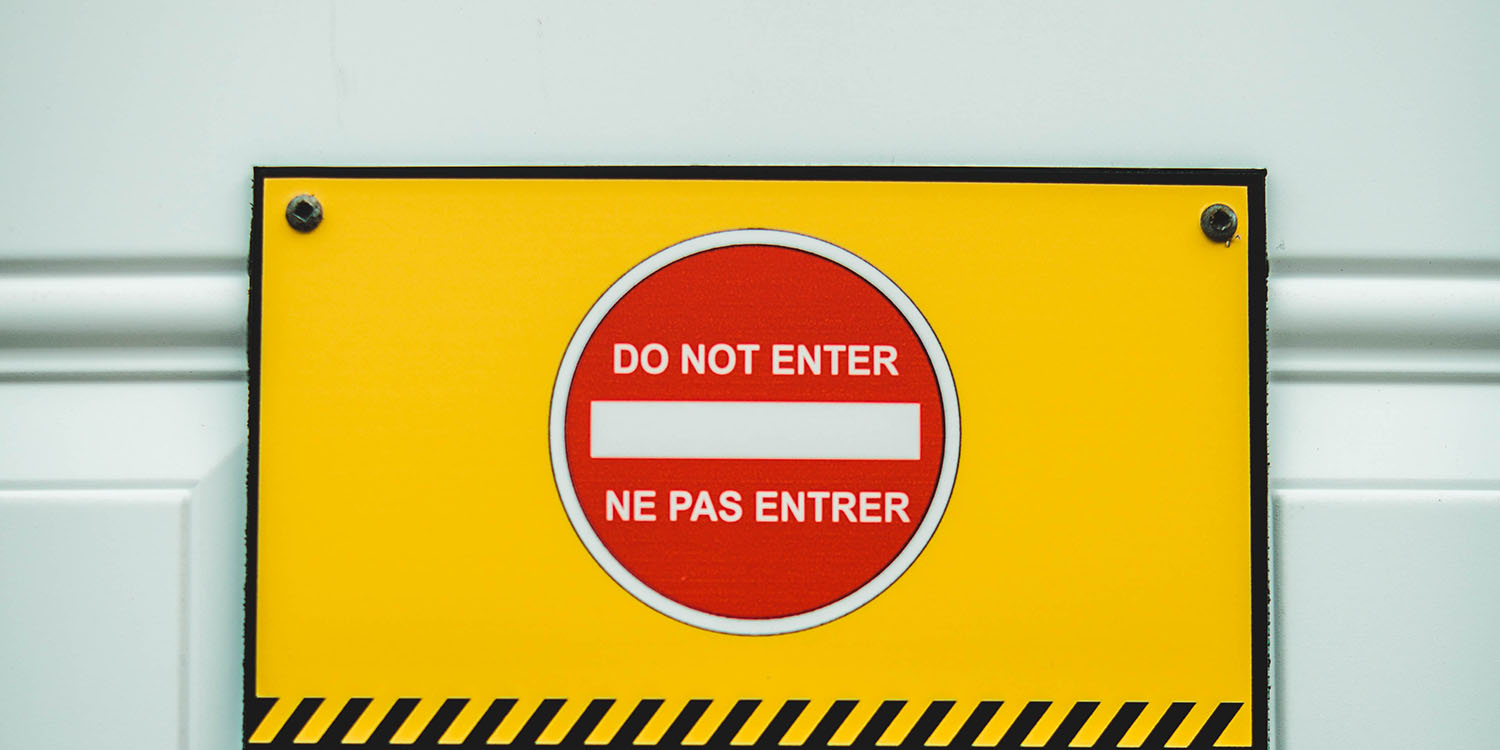
Meta is blocking news links in Canada, as it did previously in Australia, following the introduction of new legislation. The development is being described as an “everyone loses” outcome …
Background
Tension between large online platforms and news companies is nothing new. The battle is over whether companies like Google, Meta, and the company formerly known as Twitter should have to pay fees for including snippets from news stories.
This first became an issue back in 2014, with Google News. Things didn’t work out well then.
Spanish newspaper websites have seen their web traffic drop by an average of 10-15% after a law they lobbied for drove Google News out of the country.
The law required Google to pay a fee for every story excerpt it displayed in search results, leading to the company – which generates no income from the ad-free Google News service – to close the service in Spain […]
German publishers learned the same lesson as the Spanish ones when they pressured Google into removing excerpts from links. Once they saw the resulting drop in traffic, most publishers changed their minds.
Similar legislation is now impacting Meta and X in a couple of countries.
Meta began blocking news links in Canada earlier this week, to comply with the Online News Act.
In order to comply with the Online News Act, we have begun the process of ending news availability in Canada. These changes start today, and will be implemented for all people accessing Facebook and Instagram in Canada over the course of the next few weeks.
Meta had previously said it would do this if the bill passed, but supporters of the law claimed the company was bluffing.
Canadian law professor Michael Geist says that everyone loses as a result.
Canadian media is a loser, particularly the small and independent media outlets that are more reliant on social media to develop community and build their audience. The loss of Facebook links will take a serious toll and undermine innovative companies in Canada. The Internet platforms are losers as they comply with an unreasonable law by removing links and making their services objectively worse in order to do so. Individual Canadians who use the platforms to find links to news are losers since news links will be blocked from the platform. And the government is a loser, as having dismissed critics and ignored repeated warnings about the risks associated with its bill, it has now left Canada as the global example of digital policy disastrously gone wrong.
X being sued for breaching a similar law in France
A similar law came into force in France back in 2019, but Twitter ignored it. As a result, the company now known as X is being sued, reports Engadget.
The Agence France-Presse (AFP) is suing X for not engaging in discussions about payment to the French publisher in exchange for its articles appearing on the platform. In 2019, France passed neighboring rights legislation, extending copyright law to content produced by news publishers, such as text and videos, for two years after release. The law requires any sites that share this work to negotiate with the publishers about remuneration instead of sharing it without compensation for its creators.
Elon Musk responded by tweeting Xing that the lawsuit is “bizarre.”
9to5Mac’s Take
At its heart, this is an argument about whether large online platforms are stealing copyrighted content from news organizations, or instead driving traffic to media companies.
The evidence from the Google News debacle back in 2014 is very clear – such links, with snippets, drive traffic to news sites. Geist is right that everyone loses when this type of legislation is introduced.
FTC: We use income earning auto affiliate links. More.




